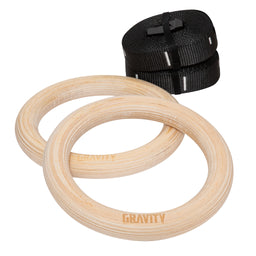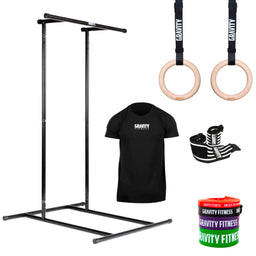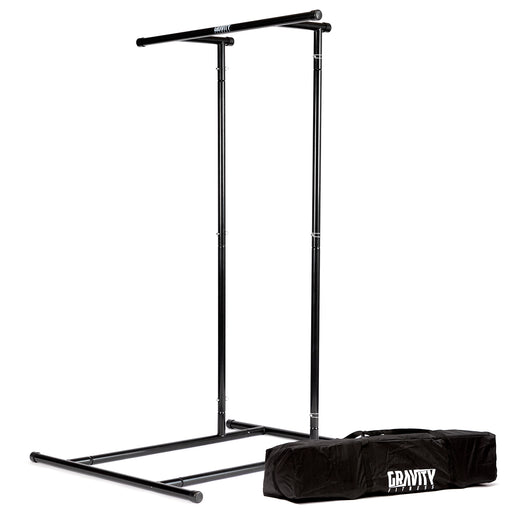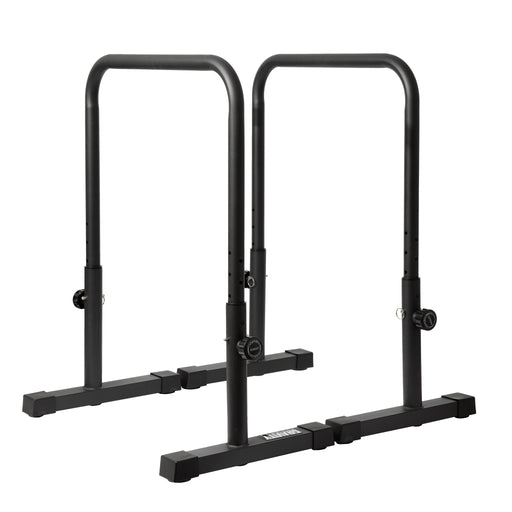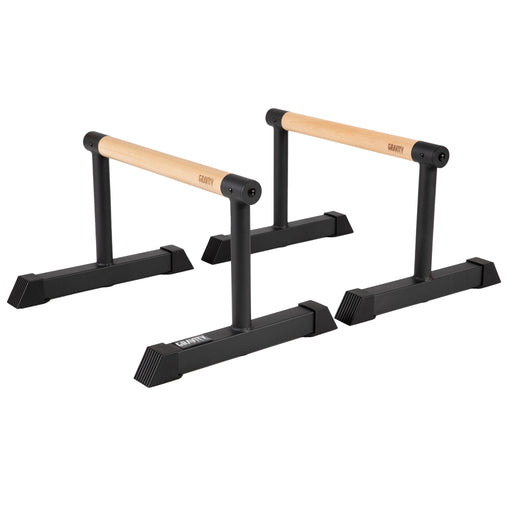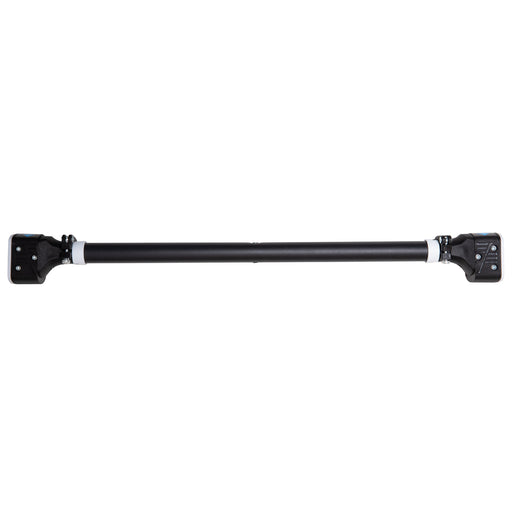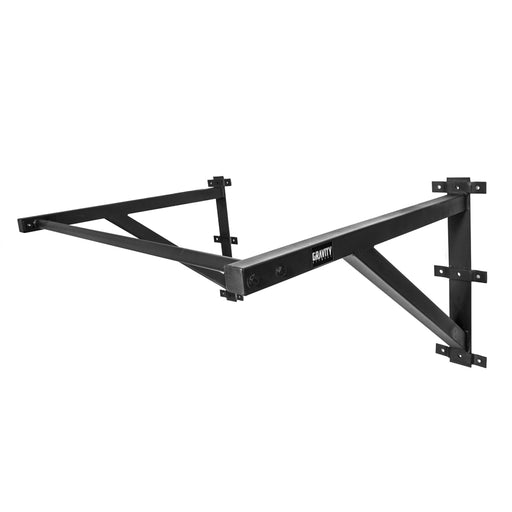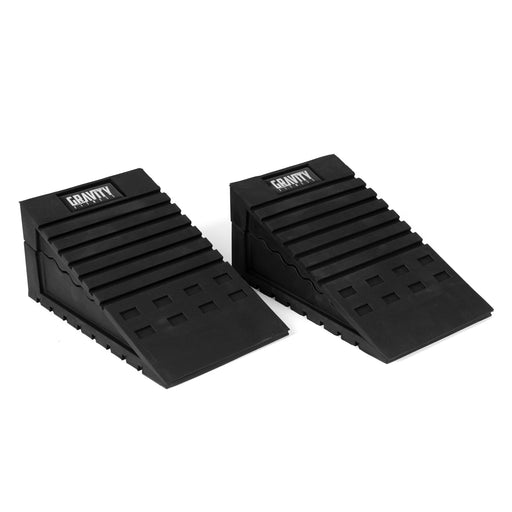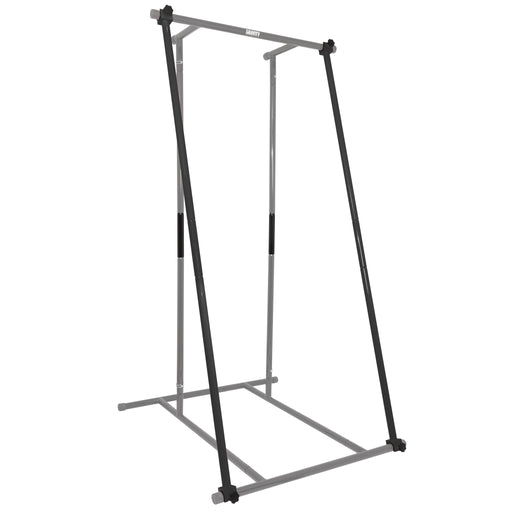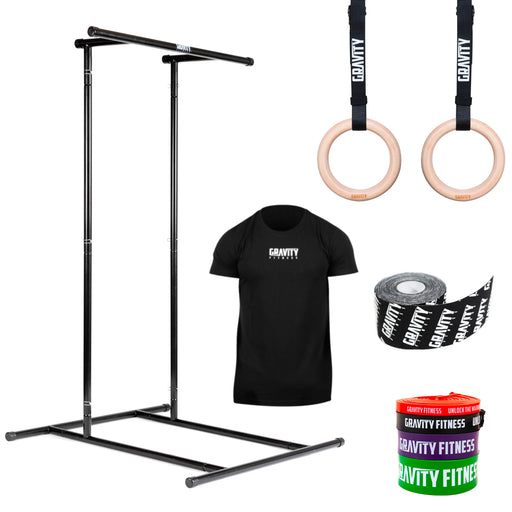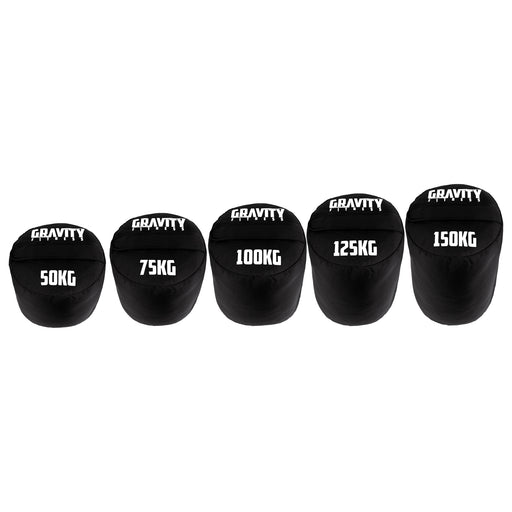
Rehab Your Lungs After Illness With Breathwork Exercises
Rehab Your Lungs After Illness With Breathwork Exercises
Has winter illness left you struggling to fill your lungs? Breathwork is a timely trend that has very real benefits for athletes after illness. Here’s how to do it.
What is “breathwork”?
Breathwork has become a buzz term in health and fitness circles, but there’s nothing new about breathing. The problem is, most of us have forgotten how to do it optimally. The practice of breathwork just brings our focus back to how (and why) to breathe properly. This is especially important if you’ve been suffering from any illness that affected your lungs.
The science of breathwork
Research into breathwork, breath control, and diaphragmatic breathing show an astonishing amount of benefits to simply re-learning how to breathe. Breathing properly taps into our body’s ability to control stress. By switching off the “fight or flight” response and turning on the “rest and digest”, it can even have a positive impact on immune health (1), gut health and blood pressure (2).
Why is breathwork good for people who train?
Those of us who train and compete tend to thrive on adrenalin and positive stress. This is great for sports performance, but not so good for our nervous systems. Breathwork and controlled breathing has been shown to promote autonomic changes in heart rate variability and the central nervous system (3) which will help you recover from the mental and physical stresses of training.
Learning to control your breath and make strategic use of nasal breathing can calm anxiety and nerves during competition. And breathwork helps optimise the way you use your respiratory system and lung capacity, which has obvious benefits for getting more oxygenated blood around your body during training.
How to use breathwork after illness
Viruses and other illnesses can leave your respiratory system in a bit of a mess. And when you’re used to training hard, it can be difficult to get your head around that tight chest, shallow breath feeling. Breathwork is an amazing way to start rehabbing your lungs after illness.
Structured breathwork practices will give you measurable breathing techniques to rehab your lungs and chest so you can get back to performing at your pre-illness levels.
The best breathing exercises to rehab your lungs
You don’t need to start taping up your mouth overnight or doing long sessions of yoga breathing (unless you want to – you do you!) Simple breathwork is easy to build into your day and can quickly make a big difference to your lungs.
Before you start your breathwork practice, assess your lung capacity so you can measure improvements. The best way to do this is to take a huge breath in, and count (in your head) as you exhale. Write this number down so you have a benchmark against which to measure your progress.
Energising breathwork
Our normal respiratory rate is around 12-16 breaths per minute. But with this type of breathwork, you will breathe at a much rate (around 20 breaths per minute) to wake the lungs up and get the ribs moving. Best done in the morning or before training.
How to do it: sitting upright, use your lower abs to force a hard exhale through your nose (the inhale will happen naturally). Do 2-3 rounds of 20 breaths.
Expansion breathwork
This gentle exercise will help calm your nervous system and give your lungs the chance to fill up with a big deep breath. It’s ideal for bedtime or after training.
How to do it: sit or lie down quietly, ideally with your eyes closed. Breathe in through the nose for a count of 4, and focus on expanding your belly and chest. Exhale through the nose for a count of 6-8.
Box breathing
This classic yoga breathing pattern encourages you to slow down to empty the lungs fully.
How to do it: breathe in through the nose for 4 breaths, hold for a count of 4, slowly exhale through the mouth for 4, and hold for a count of 4.
Breathwork is a great addition to your healthy habits, but it’s crucial if you’ve been ill. Let us know how you get on with these breathing exercises.
1 https://journals.sfu.ca/seemj/index.php/seemj/article/viewFile/326/288
3 https://www.ncbi.nlm.nih.gov/pmc/articles/PMC6137615/
